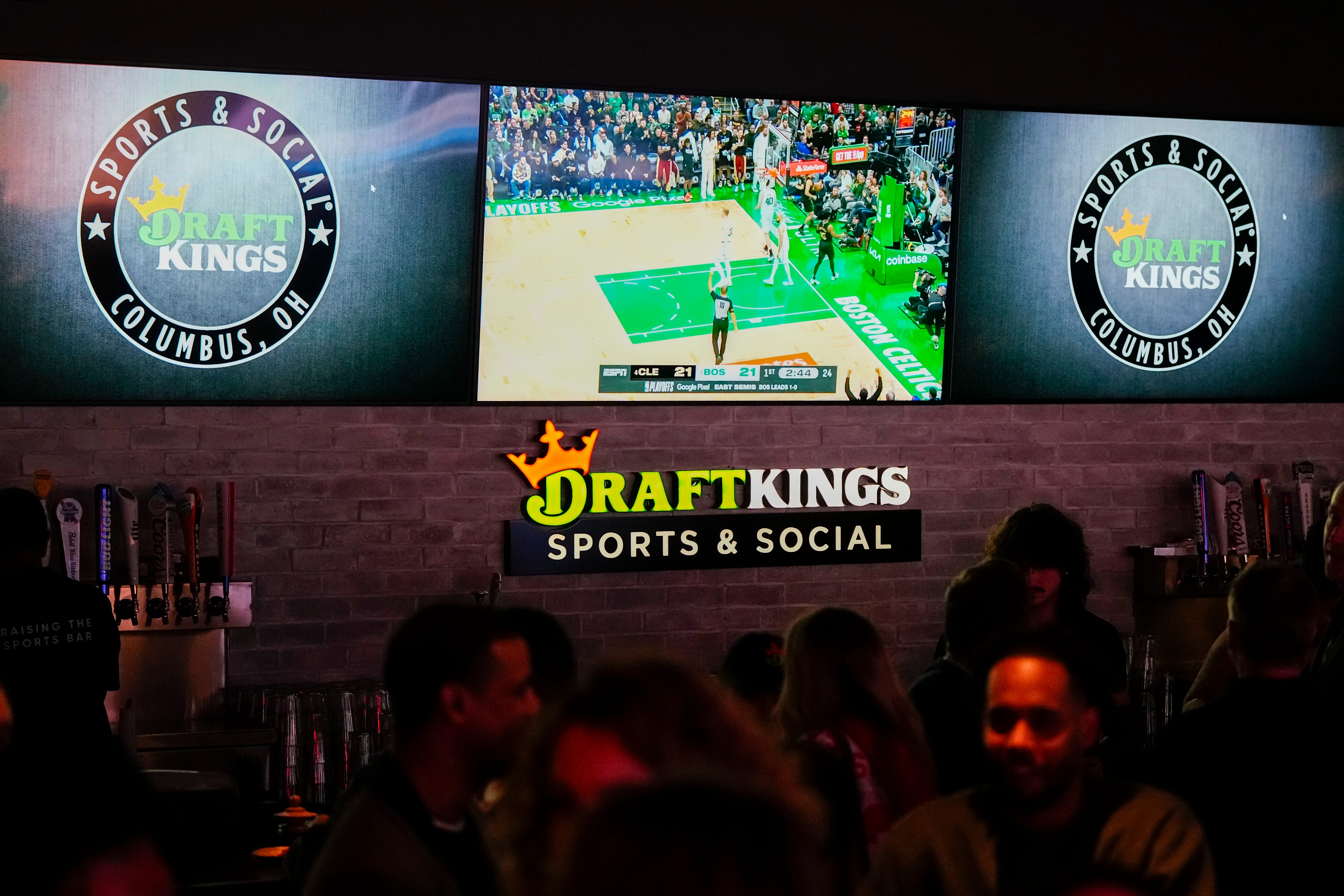Minnesota Lawmakers Aim To Add In-Game Wagering Ban To Legal Sports Betting Legislation

On Tuesday, the push to legalize sports betting in Minnesota took a new direction with the proposal of amendments that would prohibit in-game wagering and enhance consumer safeguards. Currently, residents in the state are unable to access top sports betting sites.
A group of Senators in Minnesota have worked diligently to position the state as a strong contender for joining the U.S. legal sports betting market.
It is uncertain whether the significant changes to Senate File 1949, which was initially created in 2026 and taken on by Sen. Matt Klein this year, will be approved and put into action by Minnesota state legislators.
The proposed ban on in-game betting in Minnesota would set the state apart from other legal sports betting markets in the U.S. Currently, no other state in America imposes restrictions on this increasingly popular form of sports wagering.
Legislation moving, but in the right direction?
Minnesota Senators, including those on the Senate Commerce and Consumer Committee, have approved Senate File 1949 (SF 1949). This is a positive development for the proposed legal sports betting platform, which aims to launch in 2026. If successful, this initiative will bring Minnesota in line with 30 other states that are currently benefiting from the tax revenue generated by the sports betting industry.
Senator Jordan Rasmusson made a courageous move by suggesting a prohibition on in-game betting as a component of the legislative proposal. The measure was approved by the Senate and received backing from Senator Klein, the creator of SF 1949.
Although it is generally seen as positive to address problem gambling more broadly, his attempt to connect in-game betting to the negative effects of legal sports betting may hinder the industry. This move could potentially eliminate a popular type of bet in the American market.
Hearing from both sides
Sen. Rasmusson provided evidence to support his proposal for the prohibition of in-game sports betting in order to reduce the negative effects associated with problem gambling. He highlighted the potential harms that can result from this activity.
Experts in problem gambling have pinpointed in-game betting as particularly troublesome for problem gamblers. This form of betting can take a single sports event and create hundreds of betting opportunities for consumers, leading to behaviors like loss chasing and other worrying factors.
Jeremy Kudon, president of the Sports Betting Alliance, also shared his opinion on the proposed amendments to the Minnesota legal sports wagering plan. Unlike others, he had a more positive outlook on in-game betting for state residents.
He said that in-game wagers make up more than half of all bets in the legal market. Kudon forecasts that by 2026, up to 75% of sports wagers nationwide will be made in-game. If the proposed amendment is not implemented, not only will Minnesota residents miss out, but so will the tax coffers that could benefit from a thriving legal sports betting platform.
Based on Kudon’s data, this indicates that an industry projected to earn between $50 million and $75 million in its first year would experience a decrease of approximately $20 million solely because of a single amendment.
Other amendments
Senators in Minnesota have implemented various measures to provide bettors in the North Star State with what they consider to be the most secure sports betting environment, including the prohibition of in-game betting.
The current amendment to SF 1949 mandates that users of sports betting in Minnesota must establish limits on their daily deposits and losses when using sports betting apps and retail providers. Users have the option to opt out of this requirement if they choose to do so.
It also ensures that research on problem gambling will continue in the state and that the establishment of a problem gambling hotline will be a key requirement for the introduction of legal sports betting in Minnesota.
Senator Jordan Rasmussen also made an effort to propose a prohibition on college sports betting, however, the amendment did not pass.
As it stands
The revised Minnesota State sports betting bill has undergone some changes from its initial form last year, and has successfully navigated through several obstacles in the current legislative session. As of now, any sports betting legislation in Minnesota will incorporate:
- Prohibition of popular in in-game betting opportunities
- A new all-encompassing problem gambling hotline
- A promise to create a host of studies on best practices to identify problem gambling
- Strict self-imposed limits for bettors in the state
The Minnesota legal sports betting market is currently in a “wait and see” phase. While legislation is progressing in the North Star State, it is uncertain if it is heading in the desired direction.







